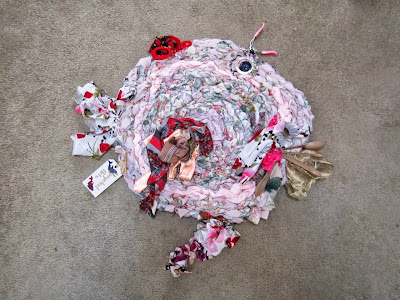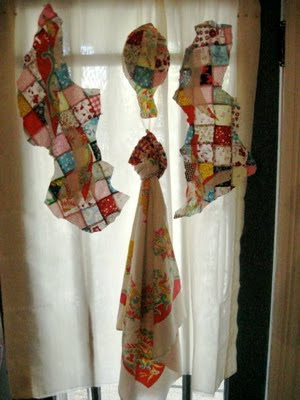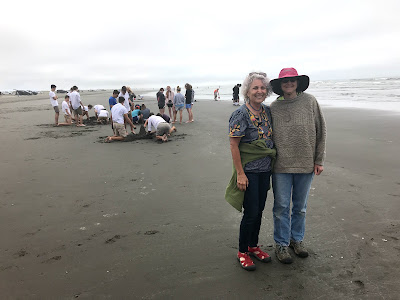Maya
Angelou on Mothers
“I
think of mother often,” Maya Angelou told ABC News’ Diane Sawyer.
“I think of myself as mother. I think of men as mother — some
men. My son has mothered his son, fathered his son. I don’t think
you have to be a woman to mother.”
With
these sentiments in mind, Angelou, arguably America’s most famous
poet, wrote a book in honor of mothers, “Mother: A Cradle to Hold
Me.”
“Yes.
It is true. I was created in you,” she read from the book. “It is
also true that you were created for me. I own your voice. It was
shaped and tuned to sooth me. Your arms were molded into a cradle to
hold me, to rock me. The scent of your body was the air perfumed for
me to breathe.”
Angelou
said a mother did not indulge but loved unconditionally in the
deepest possible of ways.
“Love
may be the matter that keeps the stars in the firmament. It may be.
Love allows you to be tough and tender,” she said. “Love. It does
not say you can get away with this and I’ll turn my — because
you’re so cute — I’ll turn my back, to something that may harm
you later on. No. Love affords you the ability to be courageous.”
In
the book that made her famous, “I Know Why the Caged Bird Sings,”
Angelou wrote, “My mother’s beauty literally assailed me. Her
smile widened her mouth beyond her cheeks, beyond her years, and
seemingly through the walls to the street outside.”
Her
mother, she said, was her everything.
Yet
her glamorous mother could not handle her small children, and
Angelou’s grandmother raised her until she was in her teens. Rather
than focus on her wounds, Angelou said she used “the scar to
sharpen my pen to write a poem.”
When
Angelou was 21 and a young mother, she was holding down two jobs and
living on her own. One day, she went to her mother’s house and
received some unexpected praise.
“She
looked at me and she said, ‘Baby, you know at this minute I want to
tell you something.’ She has fox furs on, silver fox furs, and
diamond earrings,” Angelou said. “She said, ‘I think you’re
the greatest woman I’ve ever met.’ She said, ‘There is of
course Eleanor Roosevelt, Mary McLeod Bethune, and my mother. But
you’re in that category.'”
“And
I thought, ‘Suppose she’s right? Suppose I really am somebody?’
She used to say she was too mean to lie. And she was very
intelligent. But maybe it’s about time for me to stop smoking and
stop cursing, ’cause I may be somebody.”
Angelou
was working on a cable car at the time, and was far from the famous
woman she would become, but her mother’s words gave her a sense of
her future.
“I
have learned enough now, to know I have learned nearly nothing,”
she read in another excerpt from her new book. “Only stay when
mothers are being honored. Let me thank you, that my selfishness,
ignorance and mockery did not bring you to describe me like a broken
doll, which had lost its favor. I thank you that you still find
something in me to cherish, to admire and to love.”
“I
thank you, mother. I love you.”




























































